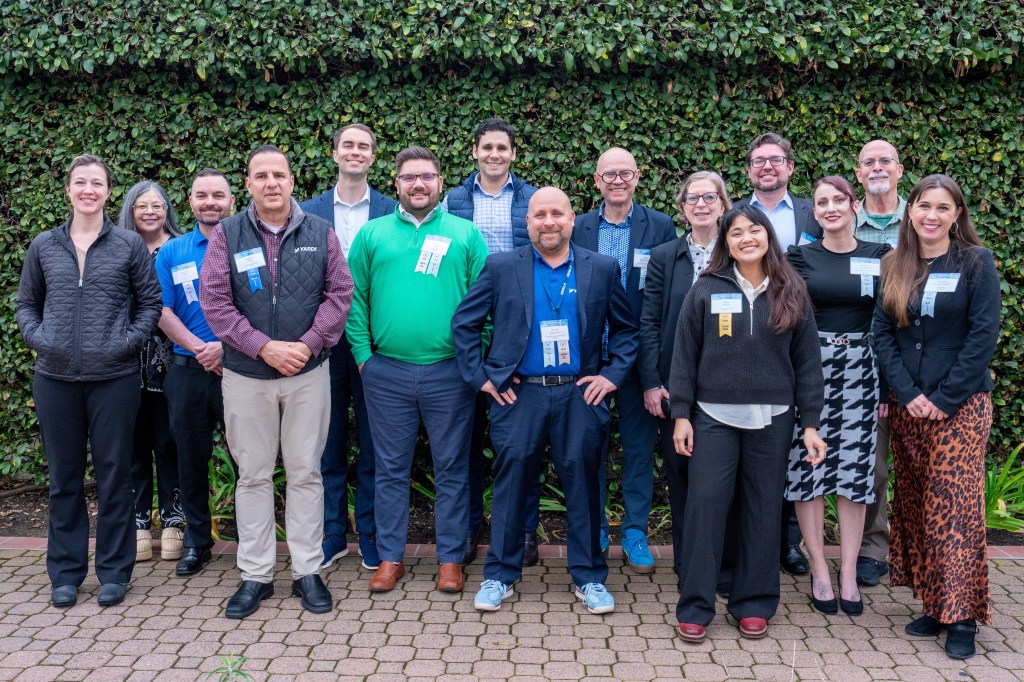By Katrina McDowell on May 13, 2024 in News

With the surge in online shopping, malls have faced a significant downturn. However, the story doesn’t end there. Some malls are embracing a new era of excitement with ‘eatertainment’ concepts and more, sparking intrigue and curiosity.
Goodbye, Fast-Food Restaurants. Mall food courts are packed with several places to eat, all typical pizza, Chinese or burger joints. Since the pandemic, many have closed their mall locations because drive-thru stores steal traffic. Chick-fil-A closed its original location at Greenbriar Mall in Atlanta last year after 56 years. Chick-fil-A restaurants were only located in mall food courts for the company’s first 20 years of operation.
Property managers now count on emerging restaurant brands like Lazy Dog, Gen Korean BBQ and wine cafés to draw customers back into the malls. Strong restaurants and entertainment options draw steady food traffic. They can increase consumers’ time in the mall, making them valuable to property owners and other mall tenants. Places such as TopGolf or other virtual golf venues serve as “eatertainment” concepts to appeal to families and teens, and they can extend the amount of time people spend in the mall.
Eataly debuted at NorthPark Center in Dallas amid the pandemic. However, its eating, shopping, and learning concepts have made it known, and the numbers are soaring. This gigantic Italian market, with fresh pasta, luxe Italian ingredients, and plenty of local goodies, also serves as a cooking school.
Another cooking concept, Gen Korean BBQ, is growing mainly due to being in malls and smaller strip malls and plans to expand to at least 250 more restaurants. Customers order meat to their tables and cook it themselves, offering many Instagram opts! Gen Korean BBQ appeals to the younger generations, particularly Millennials and Gen Z, for its modern décor and vibrant Korean pop music.
“There are so many burgers, chicken and pizza places. People want to experience something different,” said Gen Korean BBQ co-CEO David Kim.
Aside from eating, many are gripping on experience and creating these experiential environments. Malls offer individuals a place to connect over shared interests in fun and engaging experiences to support local businesses and build relationships. In New Jersey, the Garden Social lawn and greenhouse at Westfield Garden State Plaza in Paramus hosts a variety of classes, such as yoga and candle making. Participants can also choose from themed experiences like Mommy and Me, Girls Night Out, Family Fun and Date Night.
“We’re excited about the opening of Garden Social because it expands the possibilities for social engagement with a host of immersive DIY class offerings where the community can come to explore new interests and further pursue existing hobbies,” said Wesley Rebisz, senior general manager at Westfield Garden State Plaza.
According to the National Retail Federation, U.S. retail sales are projected to grow 4.5% to $3.7 billion by 2027. While E-commerce will continue to expand in that period, shoppers will persist in their shift back to physical stores and eventually, sales will be about evenly split, NRF predicts.
AI and retail shopping. Artificial intelligence has made an impact in today’s world. Most individuals say that the shopping experience could be better, and AI can enhance those experiences. The older generation may want AI technology for convenience, whereas the younger generation would use AI to shop and engage with brands. IBM says three in five consumers want to use AI applications as they shop. From using AI to get product information, look for deals and promotions, get service, ask questions, and resolve issues. However, these experiences must be seamless, dynamic, and contextual, from being able to shop for products from multiple brands on a marketplace with a single checkout to proving sustainability in brands. Many consumers who care about sustainability are willing to pay more for sustainable products.
So, whether AI will bring malls back or “eatertainment” concepts, developers of future malls will have to understand the community and its particular needs.


